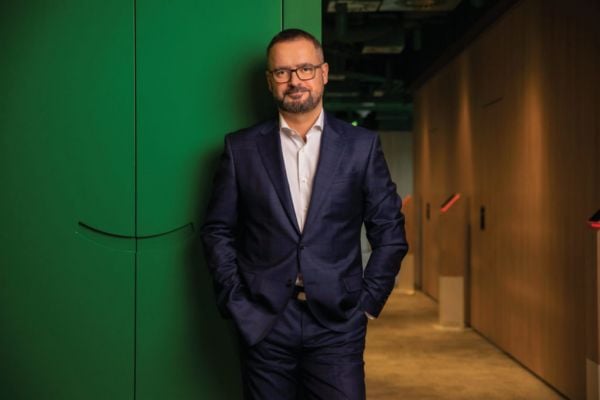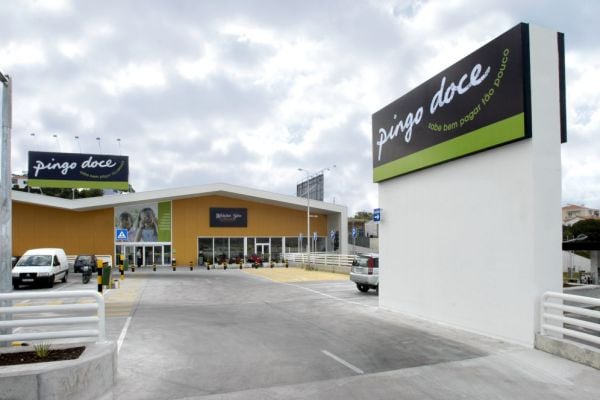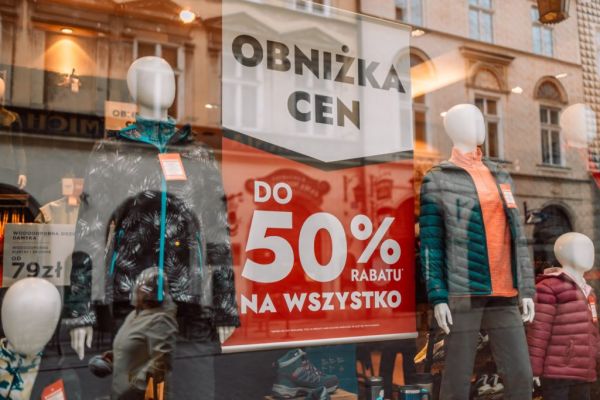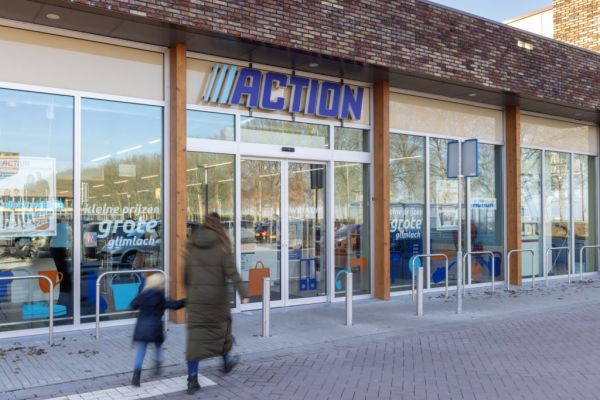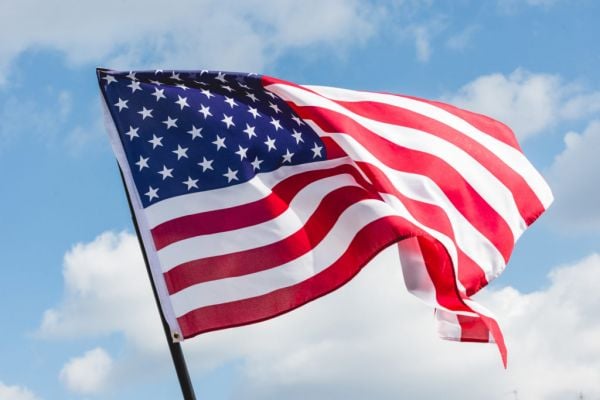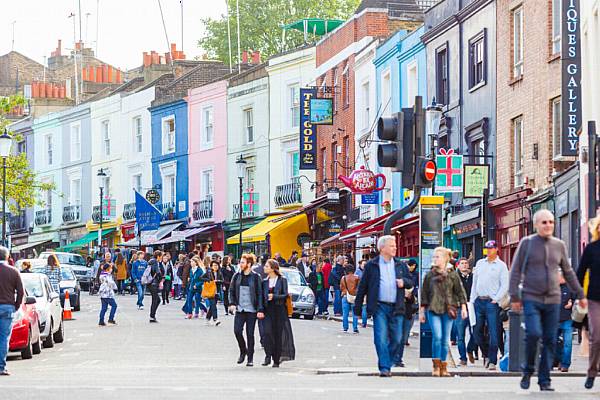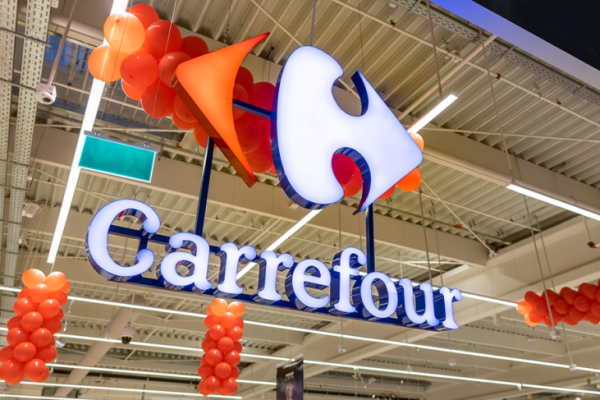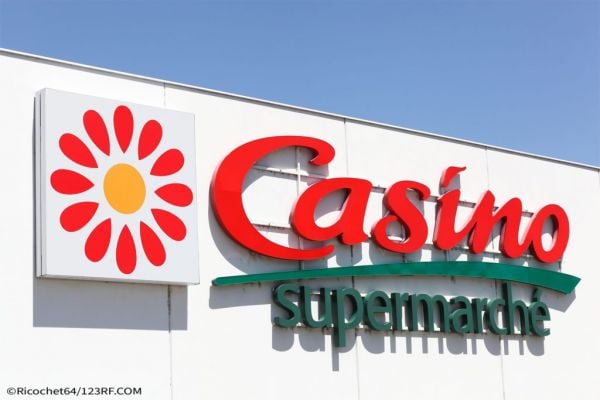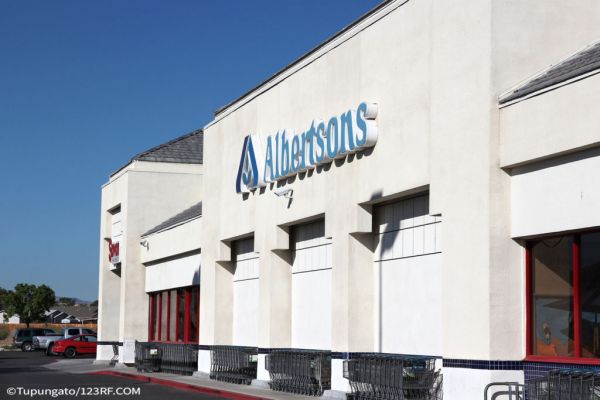Looking for the future of convenience retail? Poland's Żabka Group might be a good place to start. Stephen Wynne-Jones reports. This article appeared in ESM's July/August 2023 edition.
The Polish city of Poznań might not be the first place that you think of when considering the future of convenience retail, but, then again, perhaps you haven’t yet encountered Żabka Group.
The business, which celebrates its 25th anniversary in 2023, has spent the past few years rewriting the rule book on neighbourhood retailing by developing what it describes as the ‘ultimate convenience ecosystem’ – offline and online platforms that, it claims, ‘make people’s lives easier.’ In practice, this means offering a wide array of hot and cold food-to-go products, and postage, banking and delivery services – and with around three million Poles using its services daily, it appears to be hitting the mark.
Business Structure
Żabka Group’s operating structure is built around three core business units – Żabka Polska, Żabka Future and Żabka Digital – which, in turn, are supported by a strategic leadership structure. Żabka Polska focuses chiefly on the group’s retail activities, including its network of convenience stores and associated logistics platforms.
Żabka Future, as the name suggests, is focused on future technologies, next-generation retail, and its growing network of autonomous stores. Żabka Digital will consolidate external digital tools and internal solutions around the offer for franchisees and customers.
As well as marking a quarter-century anniversary, 2023 is also notable for Żabka for another reason – it expects to surpass the 10,000-store mark later this year. For Tomasz Suchański, the group’s chief executive (and CEO of Żabka Polska since 2016), it’s been quite a journey.
Developing The Brand
“The first Żabka store opened in 1998, but the story really begins in 2016, when the new management team decided to change everything,” Suchański tells ESM. “We were the biggest chain in Poland, we were opening 300-plus stores per year, and we could continue to do that if we wanted to, but there was no way we could be successful in the future, based on the operating model we were running, with quite a conservative assortment.”
The newly appointed CEO and his team were thus sent to Asia – specifically, Japan and Thailand – to chat to local operators about what they were doing differently, and to assess what changes needed to be made to its own structure.
“We met with CP Group in Thailand, which operates 7-Eleven there, and told them the position we were in. They told us, ‘We were in the same position 12 or 13 years ago,’ so that gave us the confidence to change.”
Within a year, MidEuropa Partners had sold Żabka to CVC Capital Partners, the group’s current owner, and Żabka had the opportunity to accelerate its new-look concept, which featured different branding – gone was the żabka, or frog, that had long served as the company’s emblem – a more targeted user experience, and multichannel platforms, including the Żappka app, which has since been downloaded by more than 11 million users.
“The concept was so successful that we started to open more and more stores – in fact, last year, we opened 1,150,” says Suchański. “So, today, we have more than 9,600 stores.”
Business Opportunity
Prior to joining Żabka, Suchański spent more than a decade with Jerónimo Martins, the Portuguese retailer behind the Biedronka chain. The past few years have seen plenty of changes to the Polish retail landscape, with the monoliths of global retail – Carrefour, Auchan, Intermarché and the recently departed Tesco – overtaken by discounters such as Lidl, Kaufland and Biedronka, the latter of which is Poland’s biggest retail chain by turnover (€14.94 billion in 2021) – all of which has led Żabka to seek to ‘fill in the gaps’, meeting as-yet underserved customer needs.
“Poland is quite a tough market, with discounters having around 50% share, and quite limited choice for consumers,” Suchański explains. “In such an environment, there’s a space for a player like Żabka, as we play a role somewhere between a retailer and a quick-service restaurant provider, as well as offering other local services.
“Our brand claim is that we ‘free up your free time’ because time is money. If you want to go to a discounter, you need to go by car, by bus, or whatever, but your local Żabka might be just 300 metres away, and you can get whatever you need there – do your daily shopping, pick up a hot dog and a beer, or post a parcel.”
Target Market
With so many services channelled through the Żappka app – payments, promotions, loyalty benefits, postal tracking, etc. – it’s no surprise that Suchański describes Żabka’s core consumer base as teenagers, young professionals, and consumers for whom shopping takes place on a myriad of platforms at the same time, and isn’t tied to one particular channel.
“Our marketing spend has moved from traditional media to the Internet, specifically to social media – TikTok, Facebook, Twitter. We try to have fun with our customers, to make their lives happier.”
Private label plays a role here, he adds, particularly in categories allied to the brand’s promise of making the shopping experience as easy as possible.
“Żabka is about speed. So, when your customer wants to buy something very fast, you don’t want to give him or her too many choices. In some categories, that’s as simple as Pepsi or Coke, but in others, you can play with private label.
“One of those categories is quick meal solutions. We have almost 100% private label in this category because, first of all, it was non-existent in Poland – we practically created it. We can control the quality, taste, and can be very fast in introducing new products.”
Żabka Nano
In April 2021, Żabka took its first step into unmanned retail with the development of the first Żabka Nano store – a concept that has since become the largest chain of autonomous/unmanned stores in Europe. In fact, on a global level, only tech giant Amazon has more such stores.
Today, there are Żabka Nano stores in offices, gyms, train stations, hospitals and other areas as yet untapped by traditional retail. While the concept of autonomous stores has been tested by many retailers, often starting with one or two trial outlets, Żabka took the decision early on to accelerate this concept, in tandem with its future vision.
“Why would you open just one or two stores? Just for show?” Suchański says of the Żabka Nano roll-out. “That’s not good business. If you don’t invest in at least 60, 70 or 80 stores, you won’t be able to see how effective it is.
“It’s not technology from outer space – it’s based on cameras and AI – and the capex isn’t that high. The more locations we have, the more we can see how customers are responding and what locations are working well. That means we can work out how to make it profitable.”
Location, Location, Location
In terms of finding the right locations for Żabka Nano stores – and, indeed, traditional Żabka stores – the group is increasingly leaning on machine learning to determine potential target geographies.
“When we launched the Żappka app, we first started working with AI, and, for me, it was like black magic,” says Suchański. “We built an algorithm to assess 8.5 million addresses in Poland – everything from bus stops to schools to crossroads – measured against 3,000 different factors, so that’s more than 24 billion data points. Based on that, we know exactly where we are going to open our stores over the next five years.”
Encouraging Entrepreneurs
Żabka is a largely franchisee-led operation – stores are operated by its network of 8,300 franchisees – a proposition that enables the business to navigate Poland’s tricky Sunday-opening legislation. Unlike many other franchise businesses, however, the group owns and develops the store on behalf of the franchise owner.
“In Poland, we like to be entrepreneurs, but we don’t like risks,” says Suchański. “We didn’t want to offer franchisees a solution or model that required serious investment – we want to retain that entrepreneurial spirit – so we give the store to the franchisee, and they run the business.
“It has worked very well, and, thanks to this model, we can speed up our expansion because it’s much easier to find people to run the stores. Also, for many of them, it’s their first business, and they are able to see it get bigger and bigger.”
Next-Generation Concepts
Its operating model has enabled Żabka to implement novel concepts. As well as its much-publicised hot dog-making robots, about which ESM has written in the past, the group opened its first Żabka Eko Smart store – which the company describes as ‘part retail store, part sustainability laboratory’ – in Poznań last year.
The store is powered using perovskite solar cells – a new type of solar technology – and features remote management solutions for lighting and equipment, tiles made from coffee grounds and husks, kinetic floors, glycol refrigeration solutions, and a lot more.
“We are the biggest chain in Europe, in terms of the number of stores we operate, and the fastest growing,” says Suchański. “It wouldn’t be right of us, from an ethical point of view, if we didn’t test these solutions at the same time. Plus, we are always looking for solutions that can make us more efficient.”
Future Confidence
Beyond the 10,000-store milestone, Żabka is confident that its momentum can be maintained, given the start-up mentality that has furthered its progress in recent years. While Suchański won’t be drawn on whether the Żabka banner could spread into other markets – “We will work on that,” as he puts it – the business certainly doesn’t lack ambition or the willingness to ask a question often lacking in business these days: why not?
“At the very beginning of our journey with Żabka, we said we wanted to create a ‘cool’ company,” says Suchański, “and, you know, I think we’ve managed that. Last year, we were named one of the companies worldwide with the most-engaged employees, by Gallup, receiving the Gallup Exceptional Workplace Award, but that’s just the beginning.
“It’s a journey, and, as we go forward, I think we will be the biggest convenience company in Europe. We’ll develop ourselves in bricks and mortar, develop ourselves in the digital space, and do everything that we can to enable our customer to free up their time. We’re Żabka. That’s what we do.”
